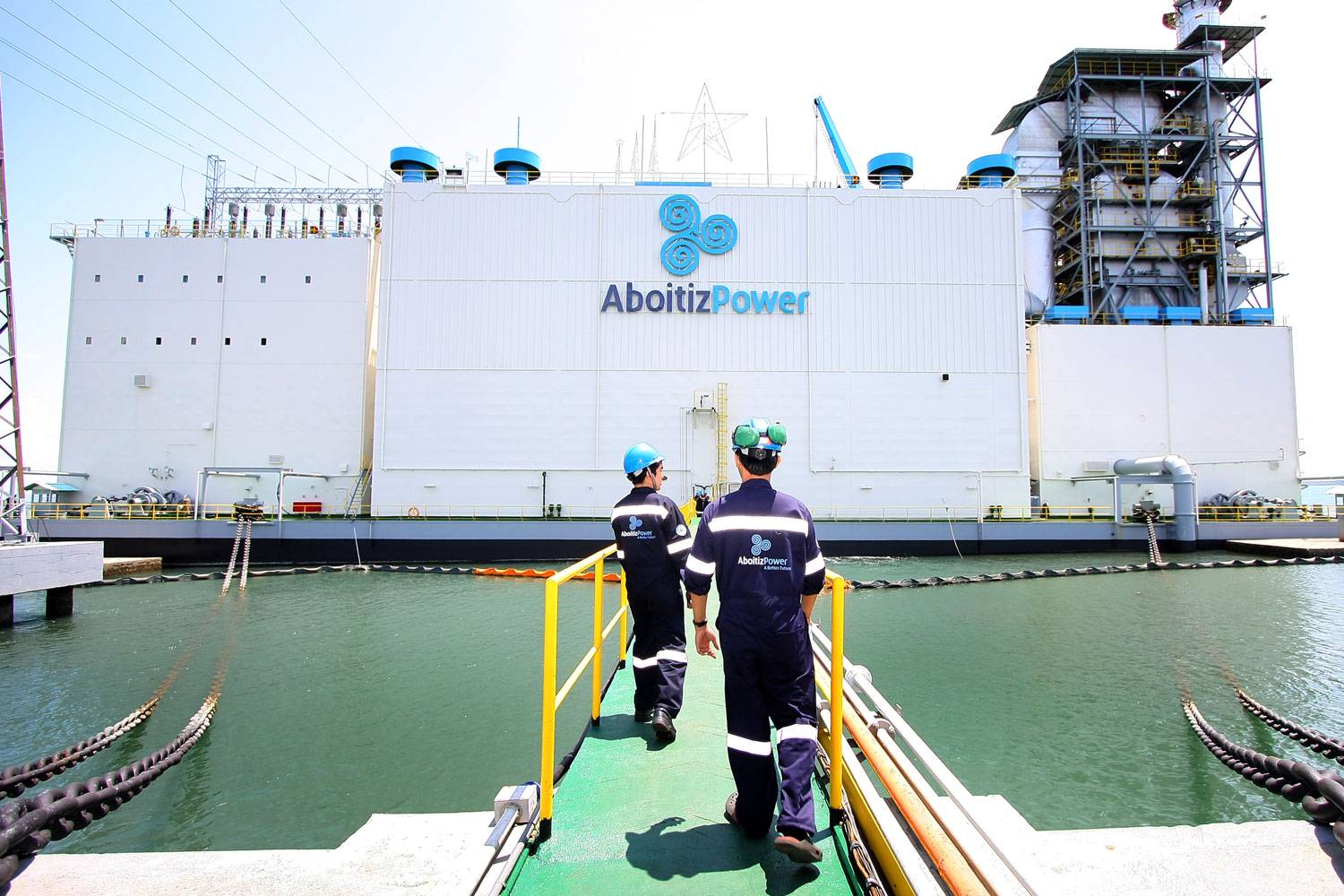AP Oil BU passes ISO audit for business continuity

The AboitizPower Oil Business Unit (AP Oil BU) recently passed an audit that ensures conformity to ISO 22301:2012 Business Continuity Management standards, underscoring its resilience during crises.
TÜV Rheinland Philippines, Inc., an affiliate of the German technical services provider TÜV Rheinland Group, conducted the stage 1 audit on Dec. 18 to 19, 2018 and the stage 2 audit on Feb. 18 to 20, 2019.
“The Oil BU’s business continuity framework is aligned with internationally acknowledged standards, reinforcing our commitment to delivering the best products and services even during adverse conditions,” AP Oil BU President and Chief Operating Officer Celso C. Caballero III said.
According to the International Organization for Standardization, ISO 22301:2012 specifies requirements to “plan, establish, implement, operate, monitor, review, maintain and continually improve a documented management system to protect against, reduce the likelihood of occurrence, prepare for, respond to, and recover from disruptive incidents when they arise.”
As a certifiable standard for a business continuity management system (BCMS), it is the first and most recognized international standard for business continuity.
TÜV Rheinland describes a BCMS as a management system that ties together interrelated methods, procedures, and rules to ensure that critical business processes keep running in the event of damage or emergencies and continuously develops and improves them.
The AP Oil BU manages and operates the oil-fired power generation assets of the Aboitiz Power Corporation.
Its facilities, which include two land-based power facilities operated by Therma Marine, Inc. (TMI) in Maco, Compostela Valley and Nasipit, Agusan del Norte as well as power plants operated by Cebu Private Power Corporation (CPPC) and East Asia Utilities Corporation (EAUC) in Cebu, are ready to provide peaking capacity in Visayas and Mindanao whenever necessary.
The AP Oil BU is also certified for ISO 9001:2005 (Quality Management Systems), OHSAS 18001:2007 (Operational Health and Safety Management Systems), ISO14001:2015 (Environmental Management Systems), and ISO 55001:2014 (Asset Management Systems).





